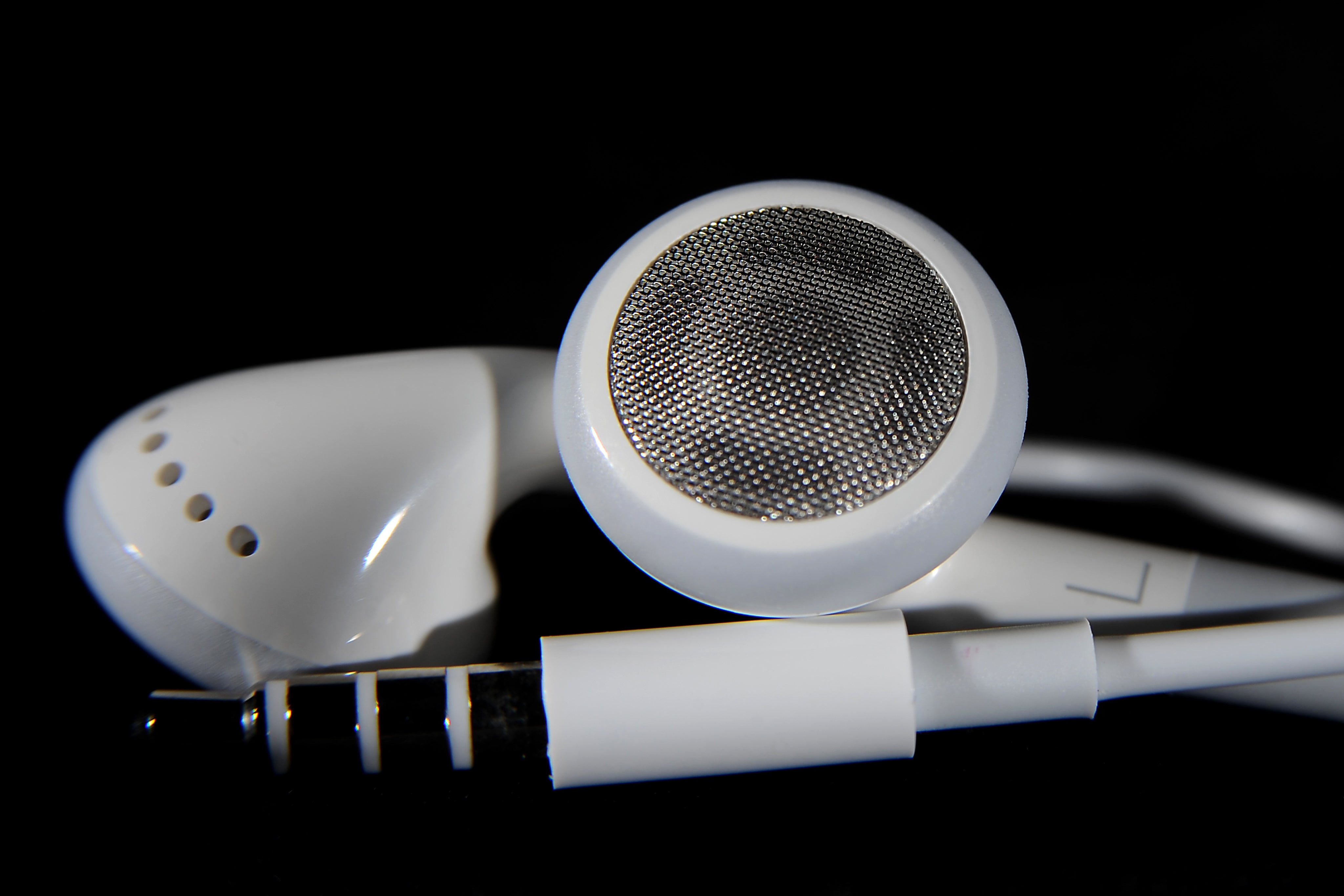Ministers want ‘industry-led’ solution to give musicians more streaming money
Business minister George Freeman told MPs the Government’s first instinct was to ‘avoid legislation’.

Your support helps us to tell the story
From reproductive rights to climate change to Big Tech, The Independent is on the ground when the story is developing. Whether it's investigating the financials of Elon Musk's pro-Trump PAC or producing our latest documentary, 'The A Word', which shines a light on the American women fighting for reproductive rights, we know how important it is to parse out the facts from the messaging.
At such a critical moment in US history, we need reporters on the ground. Your donation allows us to keep sending journalists to speak to both sides of the story.
The Independent is trusted by Americans across the entire political spectrum. And unlike many other quality news outlets, we choose not to lock Americans out of our reporting and analysis with paywalls. We believe quality journalism should be available to everyone, paid for by those who can afford it.
Your support makes all the difference.The Government will change the law to make sure musicians get more money from streaming only if an “industry-led” solution cannot be found, a minister has said.
Business minister George Freeman told MPs the Government’s first instinct was to “avoid legislation”, as he acknowledged there was a “problem” of musicians not receiving a substantial cut of streaming revenues.
His comments came as MPs debated the Copyright (Rights and Remuneration of Musicians) Bill, sponsored by Labour MP for Cardiff West Kevin Brennan.
The Private Member’s Bill, which did not receive backing from the Government, sought to introduce a right to “equitable remuneration” for streaming income, where performers have a right to receive a share without reference to their label contracts.
It would also give musicians more of a say over how their music is used, with MPs hearing that Dame Vera Lynn could have reclaimed ownership rights to her music, receiving royalties after We’ll Meet Again and other favourites experienced a revival in recent years.
Mr Freeman told MPs: “If we can avoid legislation but solve the problem in some other way, that’s our first instinct.
“But indeed, I want to make very clear if we conclude that legislative changes are the only way to achieve what the House is looking for, then that is very much open to us.
“We want to work very closely with the industry, and let me just take this opportunity to make clear to the industry, who will be watching this closely, that we do think there is a problem, we want to make sure we get it right and we want to work with them to get the right measures in place.”
Labour MP Mr Brennan told MPs that “wonderful British artist” Dame Vera would have been able to reclaim rights to her music if his proposals were made law.
He later said: “If, after a period of 20 years, they are dissatisfied with the efforts being made by record labels or publishers – and this would apply to Dame Vera Lynn, I am glad to say, were she still with us – if they are dissatisfied with the efforts being made by record labels or publishers, musicians could give notice of their intention to reclaim their rights to exploit their music or transfer that right to another label or publisher who might do a better job than the existing one.”
He was responding to Conservative MP Natalie Elphicke (Dover), who described Dame Vera as “one of our most loved entertainers and icons across the country”, adding: “Yet she found herself with a revival of some of her most famous and beloved songs, and not receiving royalties from a contract that was conceived and signed before the internet had even been considered and built.”
Mr Brennan insisted his Bill’s efforts to remunerate musicians for streaming was “not about anarchy in the UK”, adding: “This Bill is about equity in the UK music industry.”
Conservative former cabinet minister Esther McVey gave her backing to the Bill, and said the taxpayer should have not picked up the bill for big labels who did not pay their artists “correctly” during the pandemic.
Ms McVey said: “Covid shone a spotlight into this area. In the past, artists could go out and earn extra money through performing at live events. Not now, they couldn’t, and they would rely far more heavily on what was coming through from streaming.
“Why should the taxpayer pick up the bill for these international giants who aren’t paying their contributors, creators, writers, correctly?
“That is wrong.”
Subscribe to Independent Premium to bookmark this article
Want to bookmark your favourite articles and stories to read or reference later? Start your Independent Premium subscription today.